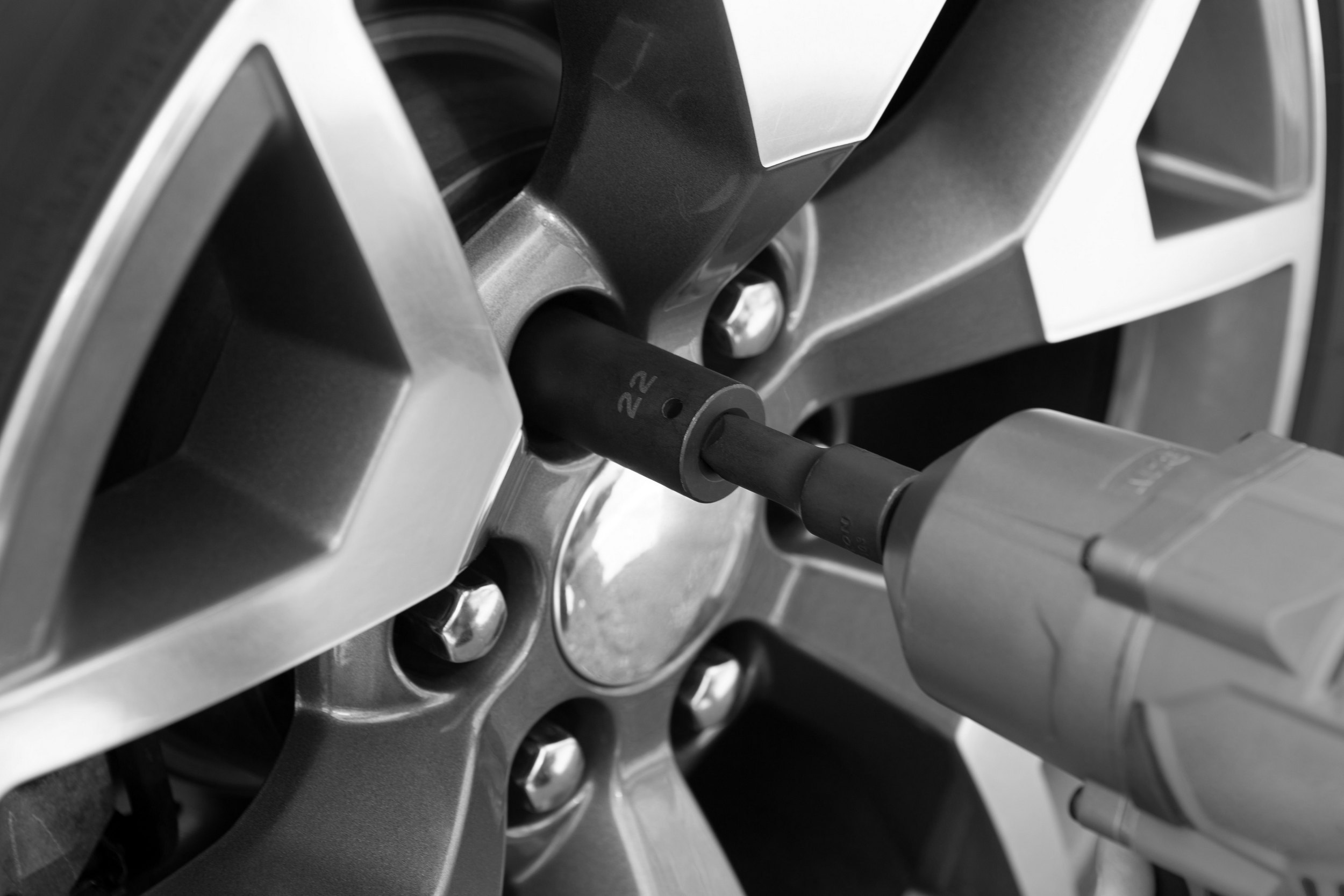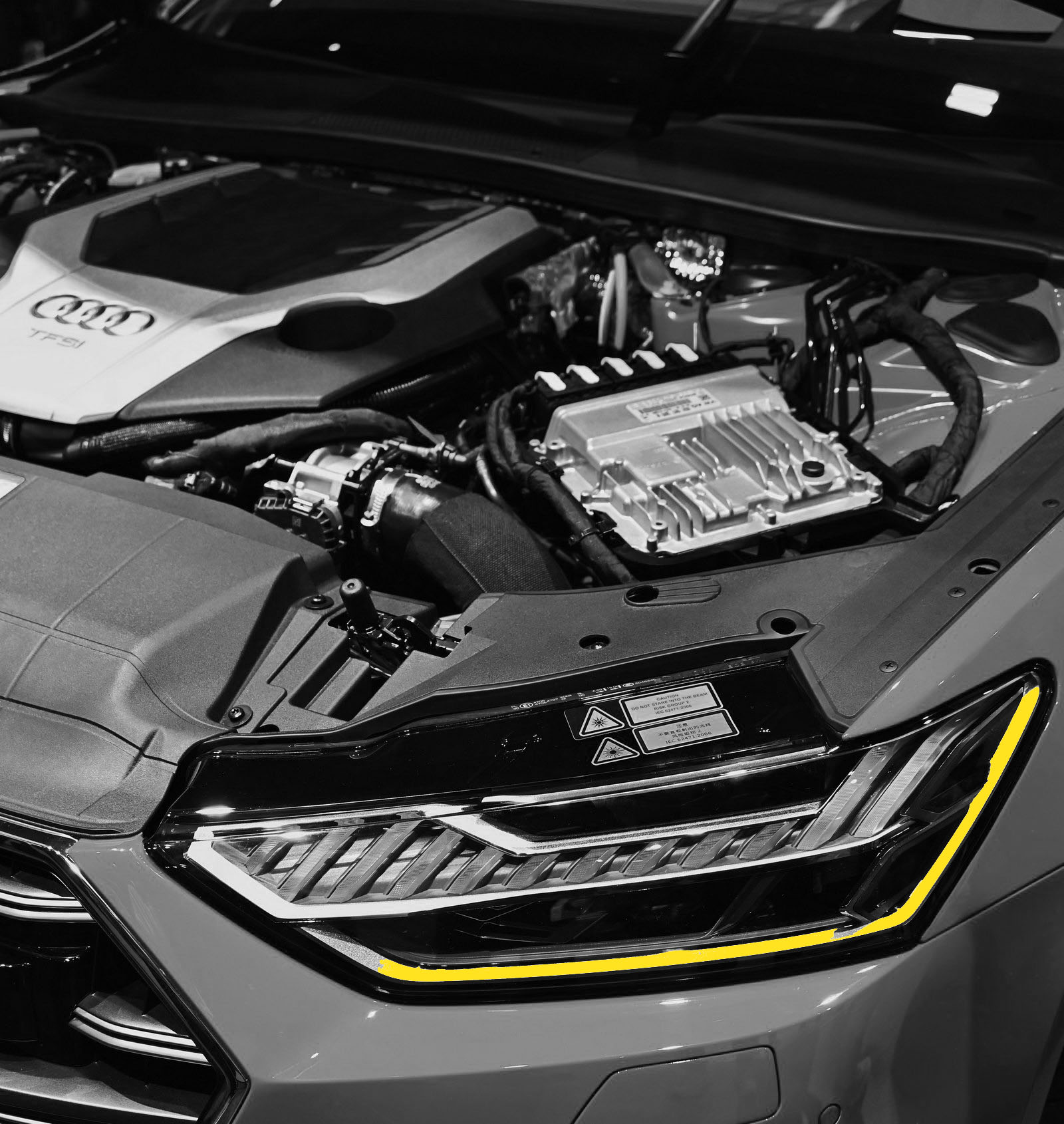Despite the tough stance of many respected industry experts, we venture to say that in Ukrainian winter conditions you may do with all-season tires. But, of course, not always and not everywhere.
Many drivers, planning to buy winter tires, not once wondered: maybe all-season tires? And there are quite a few situations where this question can be answered positively. But first we need to understand how all-season tires differ from winter tires.
Rubber compound. In “real” winter tires, the tread rubber is soft, and it remains so even in the cold. Because of this, it adheres more closely to ice microroughnesses, effectively squeezing moisture – melted tire ice – from the tread’s contact patch with the road. On warm asphalt such rubber has a low coefficient of traction, the tire may slip even with minor braking. Therefore, the rubber mixture of all-season tires is a compromise between winter and summer requirements. The disadvantages of this compromise in the “all-season” are manifested on ice and on clean, cold asphalt.
Tread pattern. Winter tires have, first of all, wide grooves between the pins to divert water and snow slush, and secondly, fine cuts on the pins – sipes for better traction on ice. All-season tires have these and other elements, but not as many as purely winter models. In addition, the Arctic type winter tires are characterized by developed checkers in the shoulder zone, i.e. “on the corner” between the tread and the sidewall. These elements facilitate driving in snowy ruts, but do not particularly interfere on asphalt. That’s why many all-season tires also have a relatively well-developed shoulder area.




